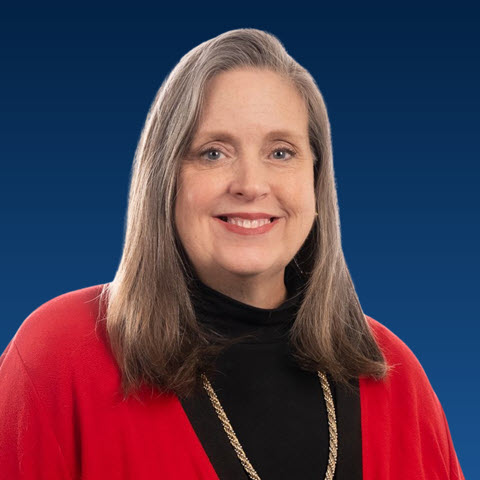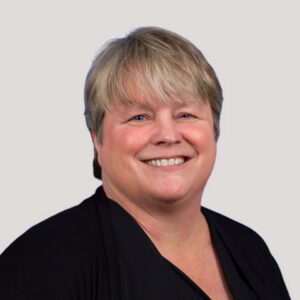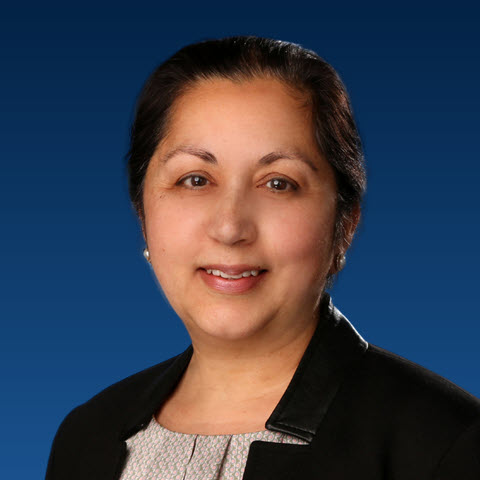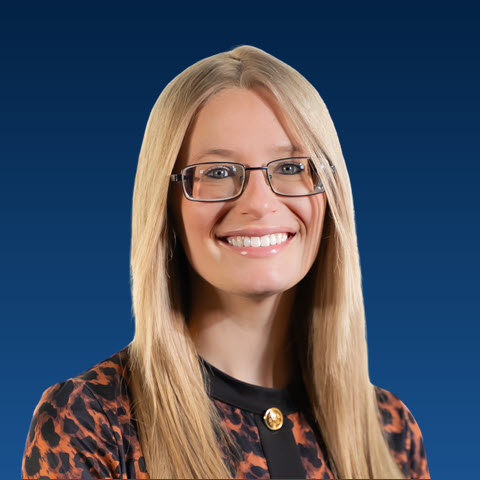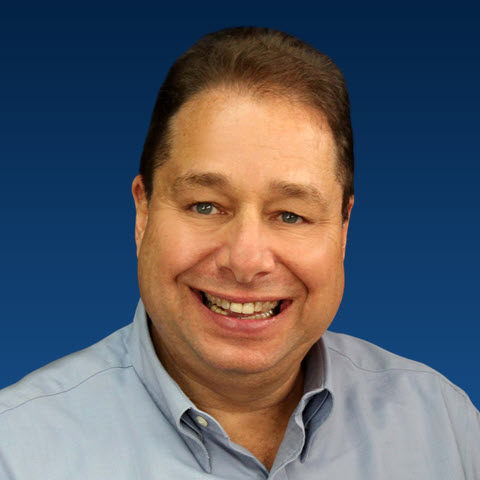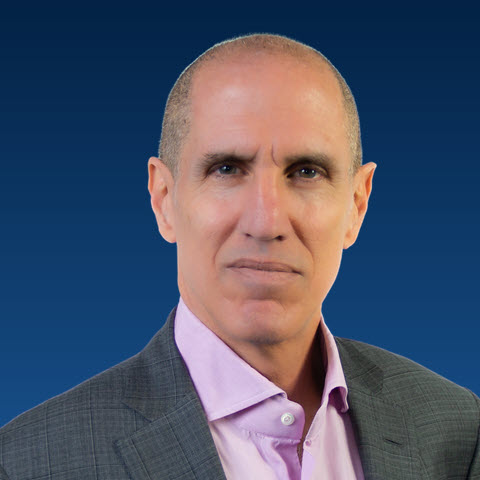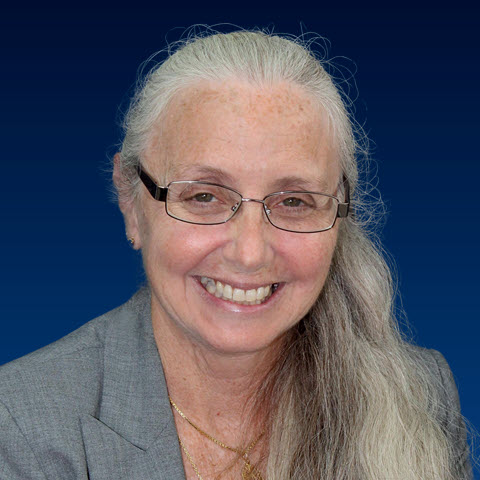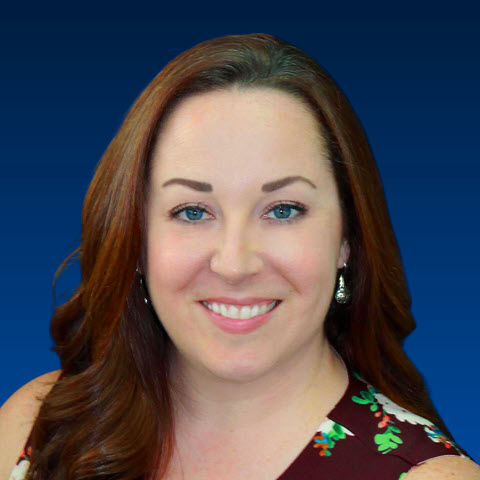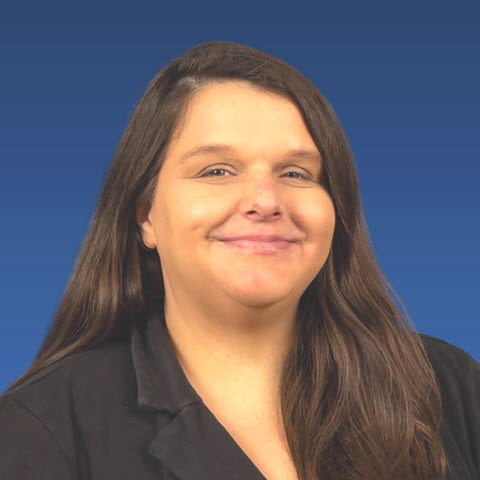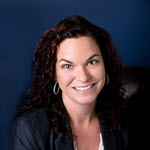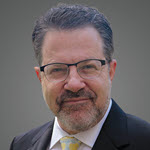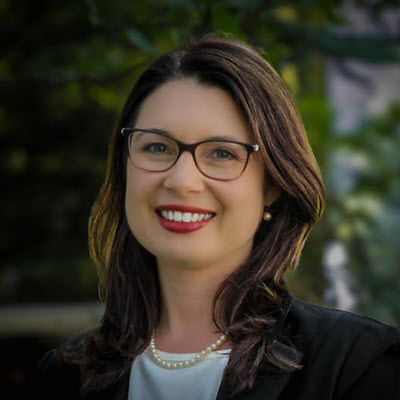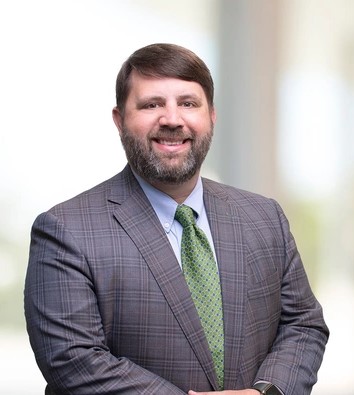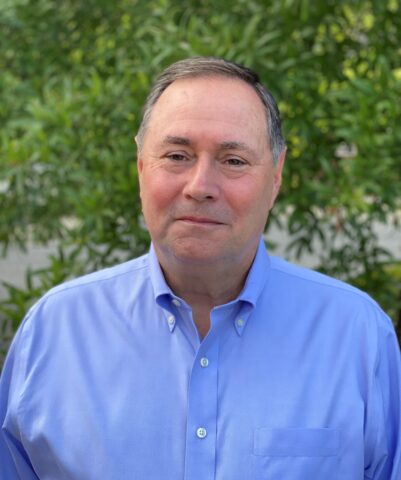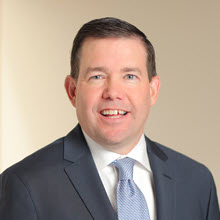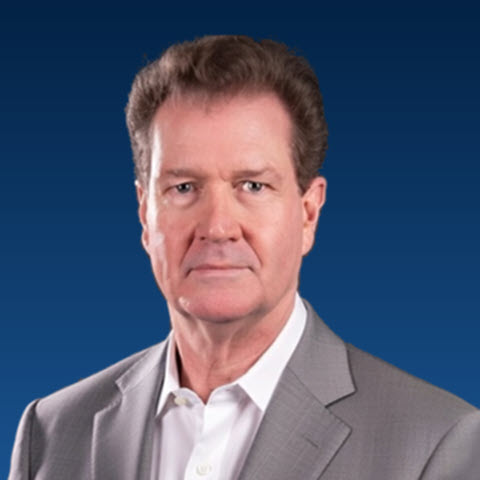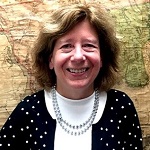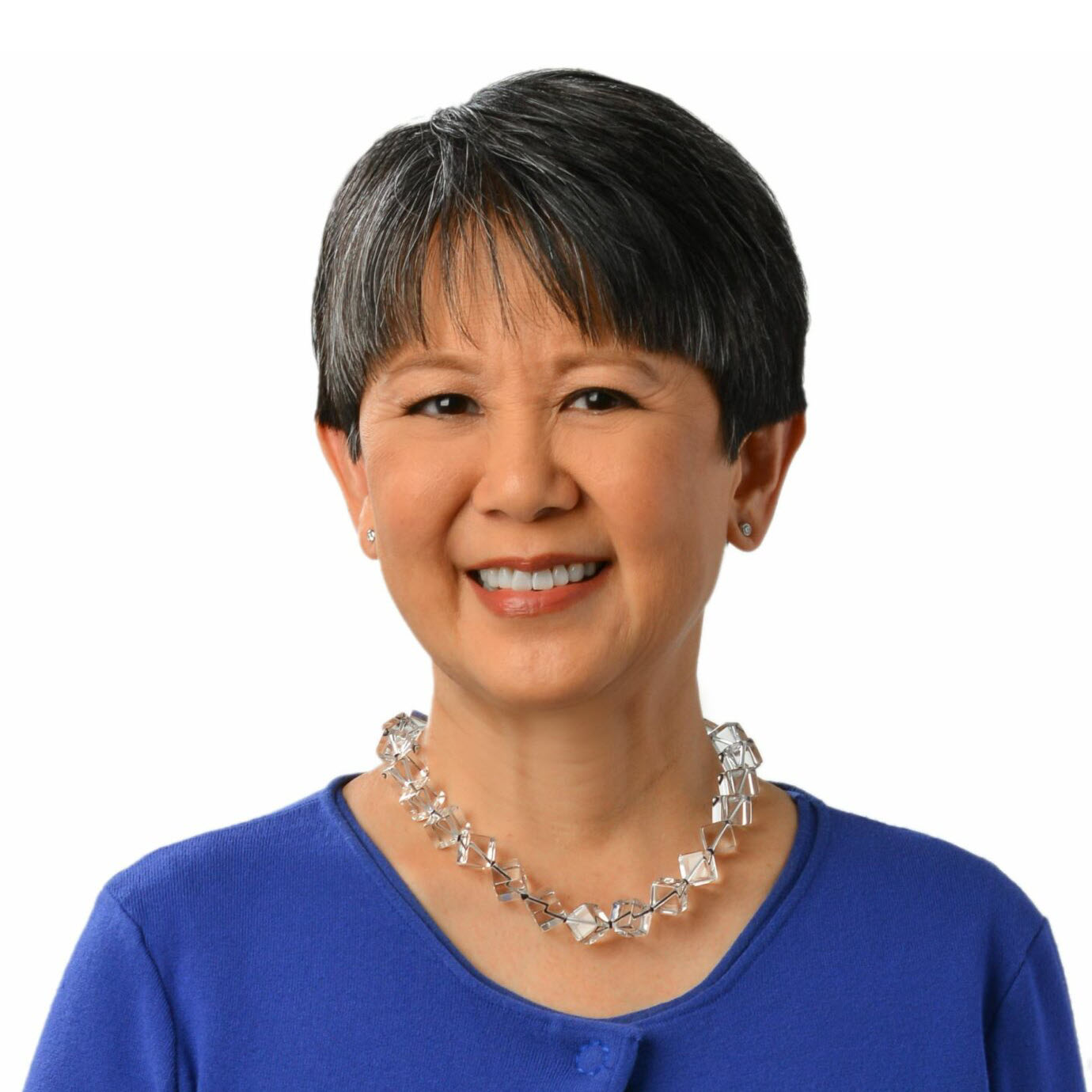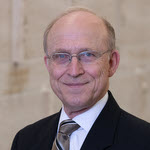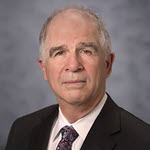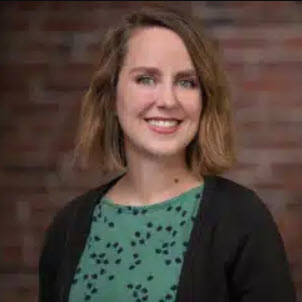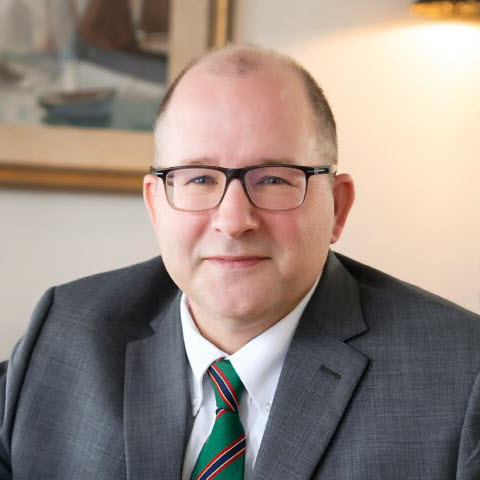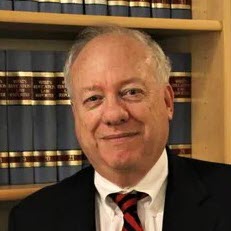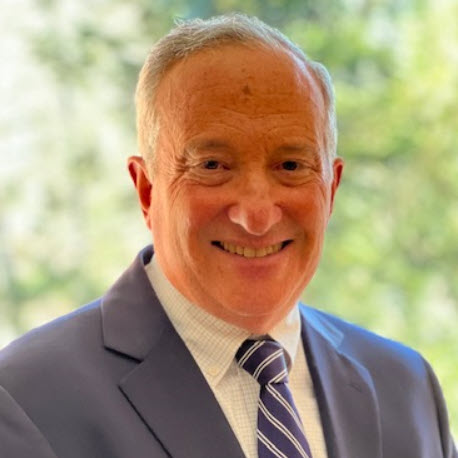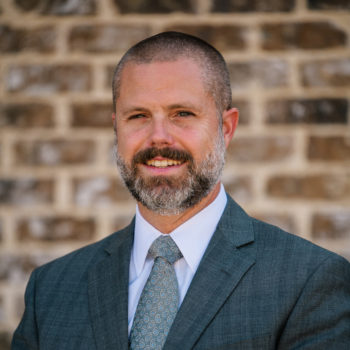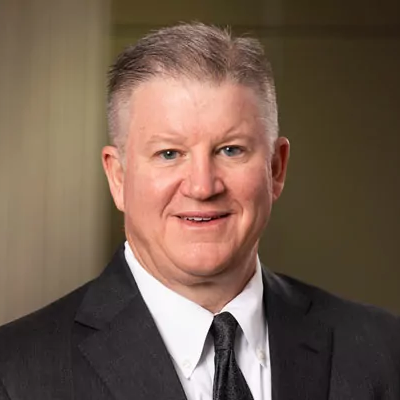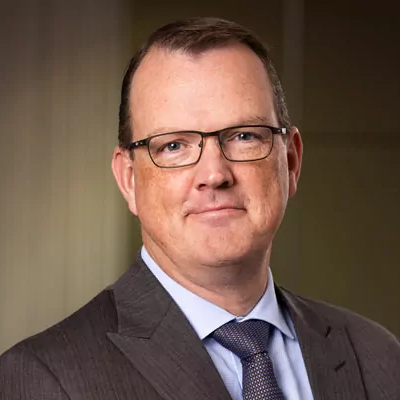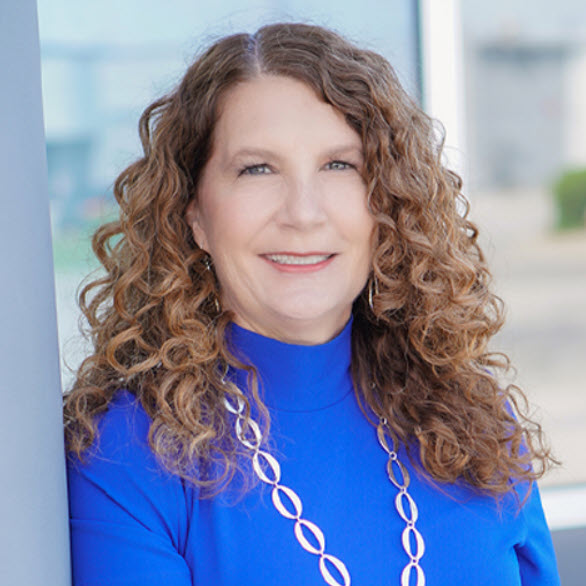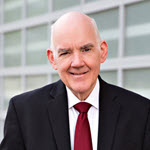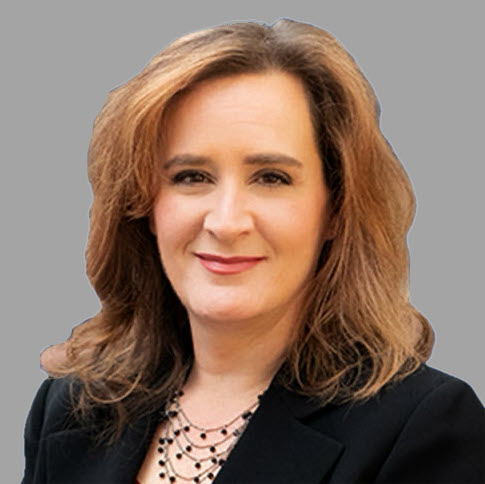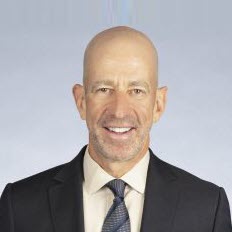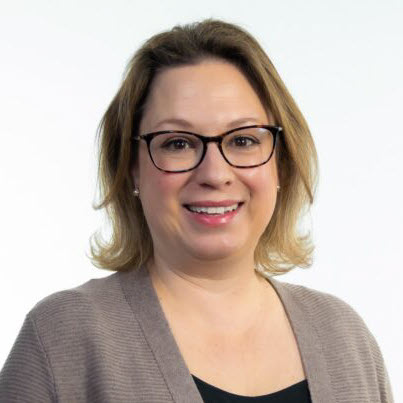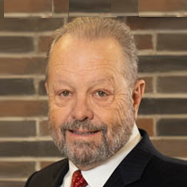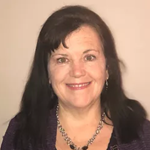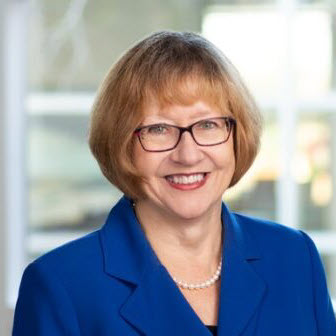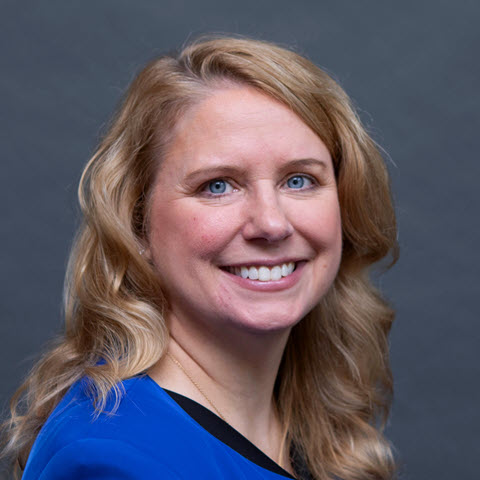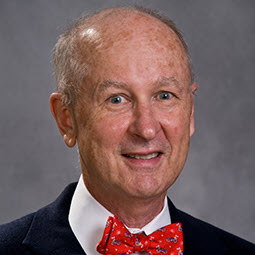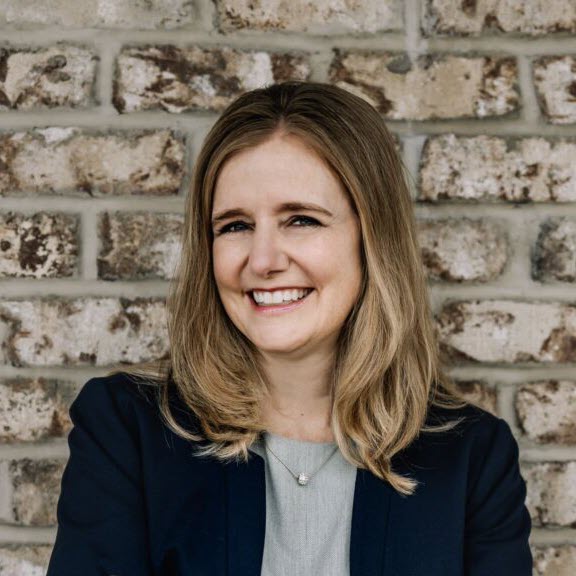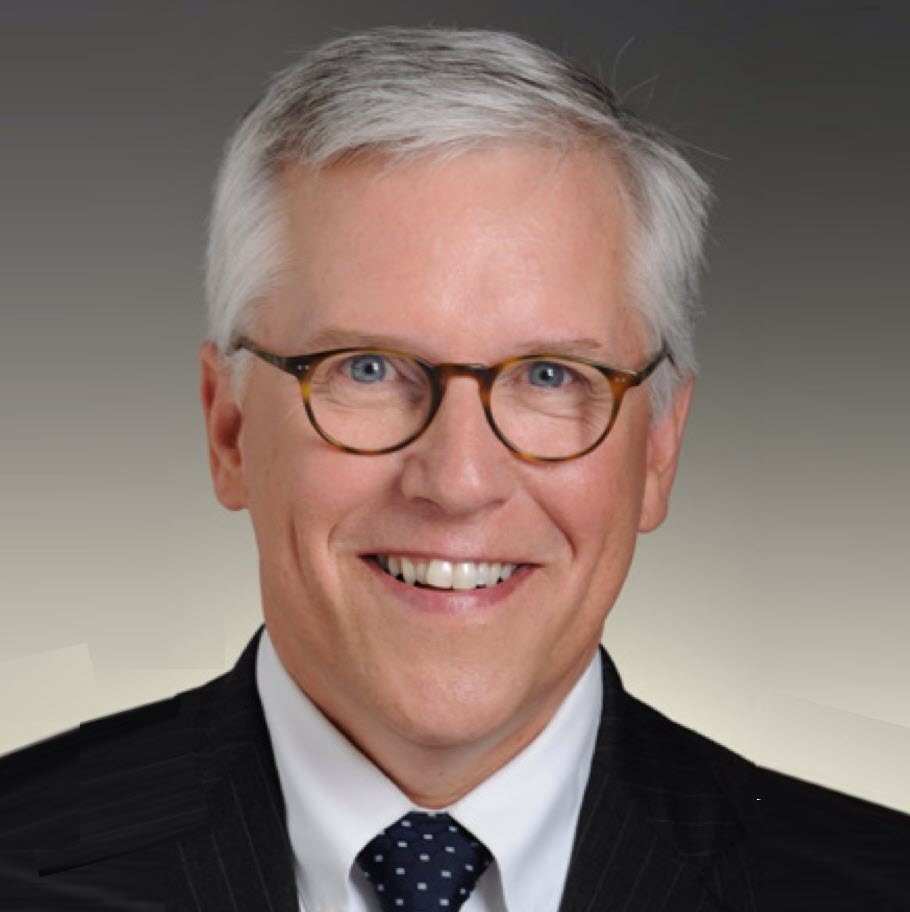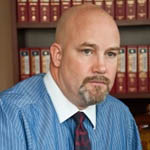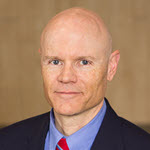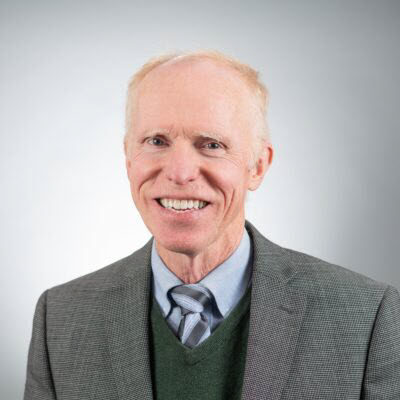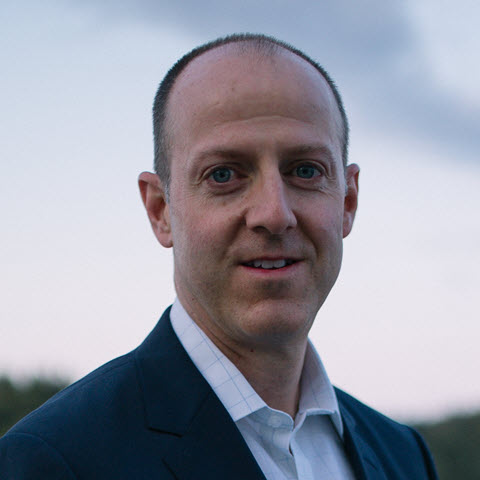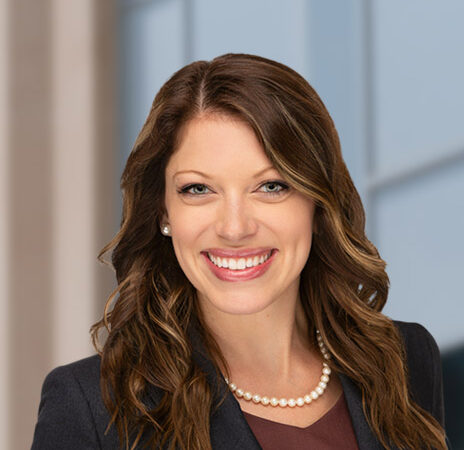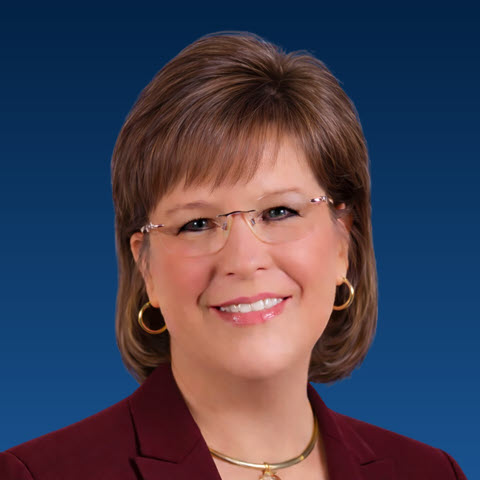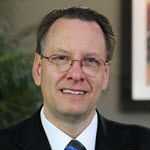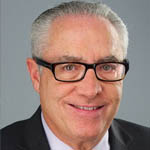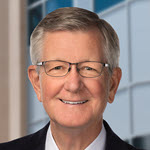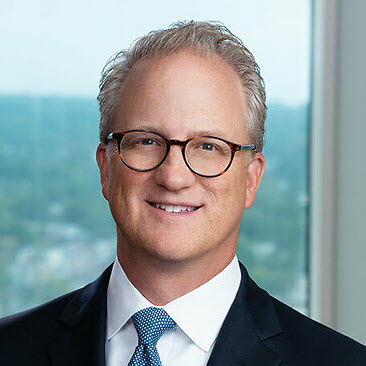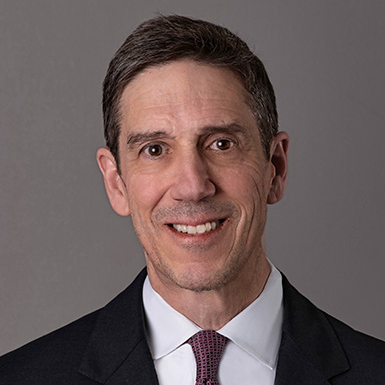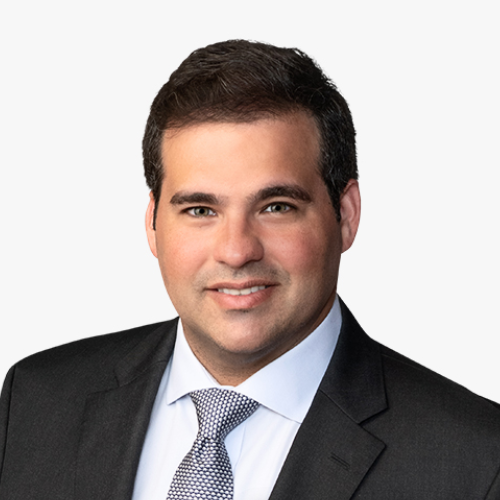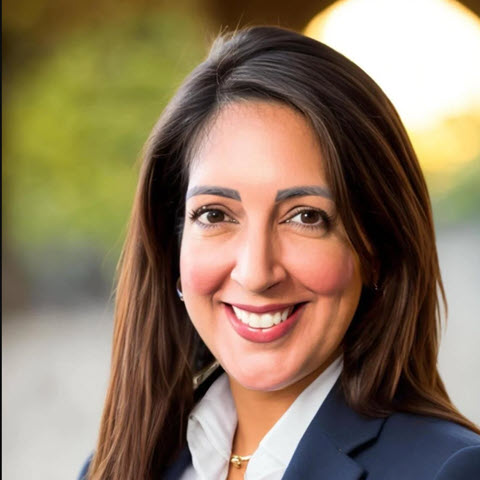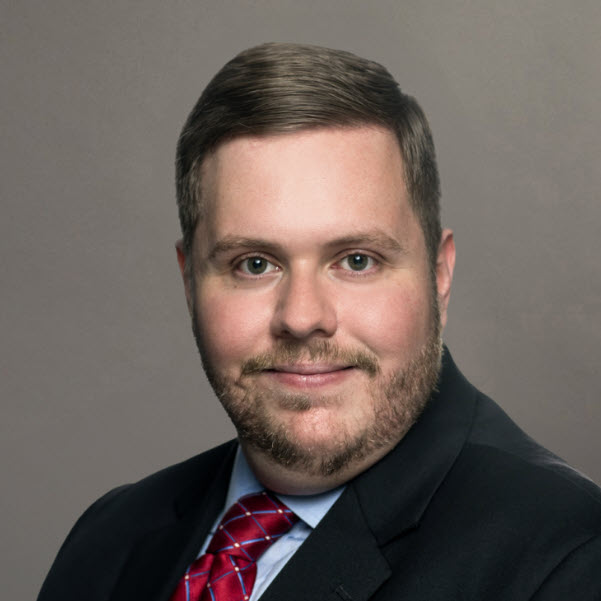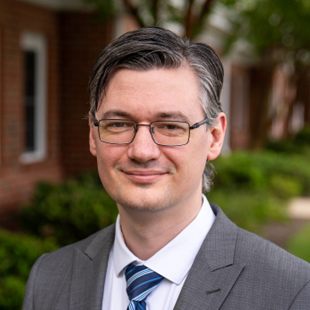The greatest risk to estate planning attorneys today isn’t that AI will replace them. It’s that clients will believe it can.
With platforms like Trust & Will, LegalZoom, and even ChatGPT offering “quick and cheap” solutions, many potential clients are being lulled into thinking estate planning is nothing more than filling in blanks on a form. When that happens, they don’t see why they should call you.
But here’s the truth: the families who think they can outsource their legacy to an online program are the ones who need your guidance most. The challenge is not just proving your value, it’s getting in front of them before AI eats your lunch.
Hunt Where the Herd Is: The Mass Affluent
Too many attorneys fixate on the ultra-wealthy ($15M+ in assets). But let’s be blunt: there aren’t many of them, and entrenched legacy firms already have their attention. For most attorneys, the bread and butter are the “Mass Affluent”—wealthy families with what we might call a mid-level range of wealth: $2–$5 million in assets.
The “Mass Affluent” are often defined as households with $500,000 to $2.5 million in liquid assets (Wikipedia), but for estate planners, targeting those in the $2–$5 million range makes strategic sense.
Why this group matters
- They’re plentiful. By 2045, an estimated $84 trillion will pass between generations, with the majority coming from households in the $1–$5 million range (Morning Brew; Investopedia).
- They’re underserved. Most of their situations are too complex for DIY tools, but the asset values are too modest to attract big-firm interest.
- They replicate. Affluent families know other affluent families. One good client can lead to a dozen.
Case in point: A Florida couple with three properties, a blended family, and a small business thought a DIY trust would be enough. A year later, they realized their plan failed to account for Florida homestead rules, leaving assets exposed. Florida’s homestead laws can create inheritance conflicts or creditor exposure when mishandled (Elder Law Center Brevard; Alper Law).
The lesson? Mass Affluent clients don’t need the cheapest plan; they need the right plan. And that’s where you shine.
Understand the New Threats
Attorneys aren’t just competing with each other anymore. The field is crowded with AI-driven drafting tools and direct-to-consumer software companies.
- AI-powered drafting means a client can generate a “basic” will in 90 seconds. The problem? It won’t catch nuances like anti-lapse statutes or how a per stirpes distribution works under state law.
- Low-cost platforms are selling a dream: convenience, speed, and peace of mind for $299. Their ads flood social media, reaching prospects before you do.
- The perception gap: Many people believe estate planning = forms. Until you correct that, you risk being seen as an overpriced “paper pusher.”
But here’s the flip side: every DIY tool creates more clients for you down the road. Why? Because mistakes compound, families fight, and probate courts don’t forgive. Your job is to make sure clients understand this before disaster strikes.
Claim the Expert Chair—or Someone Else Will
Estate planning is one of the few legal fields where local knowledge matters as much as legal knowledge. Laws can vary not just by state, but interpretation and procedures can vary by county.
This is your moat. No AI can replicate the practical wisdom of an attorney who knows how this county’s probate judge interprets that statute.
How to Cement Your Expert Status
- Write and publish. Regular blogs or opinion pieces on state-specific rules (“Why Texas Homestead Laws Can Break a DIY Trust”) establish authority.
- Educate publicly. Host free workshops at libraries or speak at Chamber of Commerce events.
- Collaborate. Co-author planning guides with local CPAs or financial advisors.
DIY estate planning has well-documented risks: generic “one-size-fits-all” trusts often fail, costing families far more later (Carol Grant Law). That’s your proof point. I might even suggest planting seeds of doubt about DIY drafting tools by leading with real stories about ticking time bombs hiding in contemporary estate plans. Demonstrate how real human thinking as a subject matter expert outsmarts DIY AI any day of the week.
Put Yourself in the Path of Prospects
Being an expert isn’t enough if nobody hears you. The lawyers who thrive are the ones who engineer visibility.
Some proven tactics:
- Local workshops. Estate planning sessions at country clubs or community centers build trust faster than online ads.
- Educational content. Short videos (“3 Estate Planning Mistakes Families With $2–$5M Make”) get shared widely.
- Targeted digital ads. Modest LinkedIn or Facebook campaigns aimed at people in their 50s–60s with certain asset profiles can yield outsized ROI.
- Partnerships. Financial advisors, wealth managers, and CPAs already have the Mass Affluent’s trust. Become their go-to legal partner.
Visibility isn’t an accident, it’s a system. My wife is an accomplished ballroom dancer. She and I attend local classes and events and are often among the younger set in the crowd, even at our middle age. We know of an elder lawyer who has made these same classes & events his hobby. Guess who is cleaning up with leads and referrals? The point being is that he has put himself in the path where his prospects are already gathering.
Turn Clients Into Advocates
Your most valuable marketing channel is sitting right in your conference room: your existing clients.
Mass Affluent families tend to move in the same circles. When you win one client’s trust, you unlock access to their entire network. But referrals don’t just “happen.” They need to be cultivated.
Build Your Referral Flywheel
• Ask. At the close of an engagement, simply say: “If you have friends or family in similar situations, I’d be happy to help them.” I spent some time as a Financial Advisor with Northwestern Mutual. They trained us to get even more specific by asking at the end of a successful consult: “Who is your CPA? Which 3 business owners do you know best?” You get the idea. Getting specific names and contact information with a warm introduction from an existing client is a force multiplier.
• Host appreciation events. A wine tasting, dinner, or educational luncheon where clients bring a friend naturally sparks introductions. Co-sponsor with a Financial Advisor or CPA if you’re short on a mailing list. Offer to pay the lion’s share.
• Provide sharable tools. A one-page “Estate Planning Checklist” branded with your firm makes it easy for clients to pass your name along.
• Stay top of mind. Quarterly newsletters, birthday cards, or LinkedIn updates keep your name warm.
• Leads Groups. Many of you reading this will turn your nose up at the prospect of joining groups like BNI (Business Network International) or LeTip; however, if you’re struggling to acquire new business, being an active member of a “breakfast bunch” where industry exclusivity is protected is an overlooked initiative. I’ve been on leadership teams at BNI chapters when I was in mortgage banking as well as the advertising business and at any given point, 20% of my leads came from my chapter. If you work it properly, it can be a formula that scales from a grass roots level. It’s not just about the people in that particular room but leveraging everyone they are coming into contact with.
Referrals aren’t accidents—they’re engineered.
Look Beyond 2025
The next decade will reshape estate planning in ways few attorneys are prepared for.
- AI will get better. But instead of replacing you, it will likely become a triage tool—handling basics while pushing complex cases toward professionals. There’s a marketing adage that says in effect: “If you can’t fix it, then feature it!” Since AI is here to stay and will continue to improve, the only position to take is to get out in front of the issue by pointing out what AI can’t do when it comes to estate planning and offer why YOU are the better solution. Let prospects know that you use AI as a tool, but it’s not a substitute for personal legal counsel and bespoke client service.
- Generational wealth transfer will accelerate. Millennials and Gen Z heirs may be less trusting of institutions, which means lawyers must rethink how they present expertise.
- Client expectations will rise. Affluent families won’t just want good documents—they’ll demand speed, clarity, and a premium experience. Think about what you want your client’s journey to look like and engineer it working backwards. Then, if you bake this into your presentation, you’ve just shown a path to a prospective client… something that AI is unable to do.
The winners will be attorneys who blend human expertise with efficient processes. Those who refuse to adapt will watch as both AI and competitors eat away at their potential client base.
Final Word: Outthink, Don’t Outprice
The era of passive referrals is over. The era of proactive, expert-driven client generation has arrived.
If you want to thrive, not just survive:
- Focus on the right market (the Mass Affluent).
- Make yourself an obvious expert.
- Engineer visibility.
- Systematize referrals.
- And above all—position yourself as the trusted advisor who sees beyond forms and into families’ futures.
AI won’t eat your lunch—unless you let it. The smarter move is to set the table yourself, invite the right clients, and serve them better than any algorithm ever could.
Meet the Author

Matt holds a B.A. in Speech Communications and has been InterActive Legal’s Director of Marketing & Sales since August 2016. He brings a Renaissance background and a distinguished sales and creative career to his role at Interactive Legal.
As a former financial sales executive with 14 years’ experience in mortgage banking and financial services, Matt served as the Corporate Sales Trainer to a field force of 75 Loan Officers for a regional bank in the mid-Atlantic area. He pioneered the production of sales training videos in the mortgage lending arena. “Matt knows how to take a message to the marketplace!” proclaimed the President of the bank that Matt once worked for.
Since joining InterActive Legal in 2016, Matt and his team have tripled sales volume, and has helped ILS earn the leadership position it presently holds in the marketplace.





